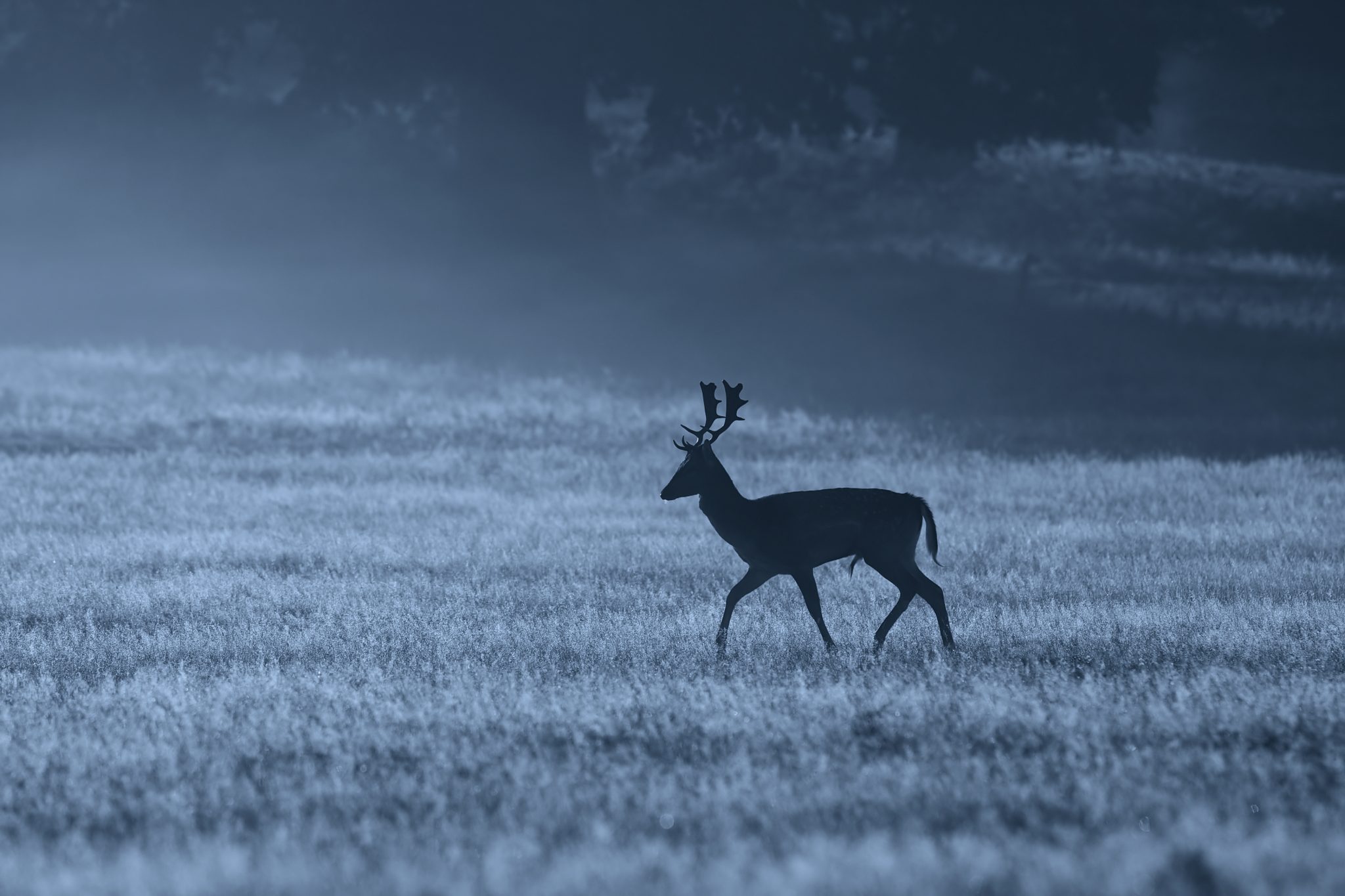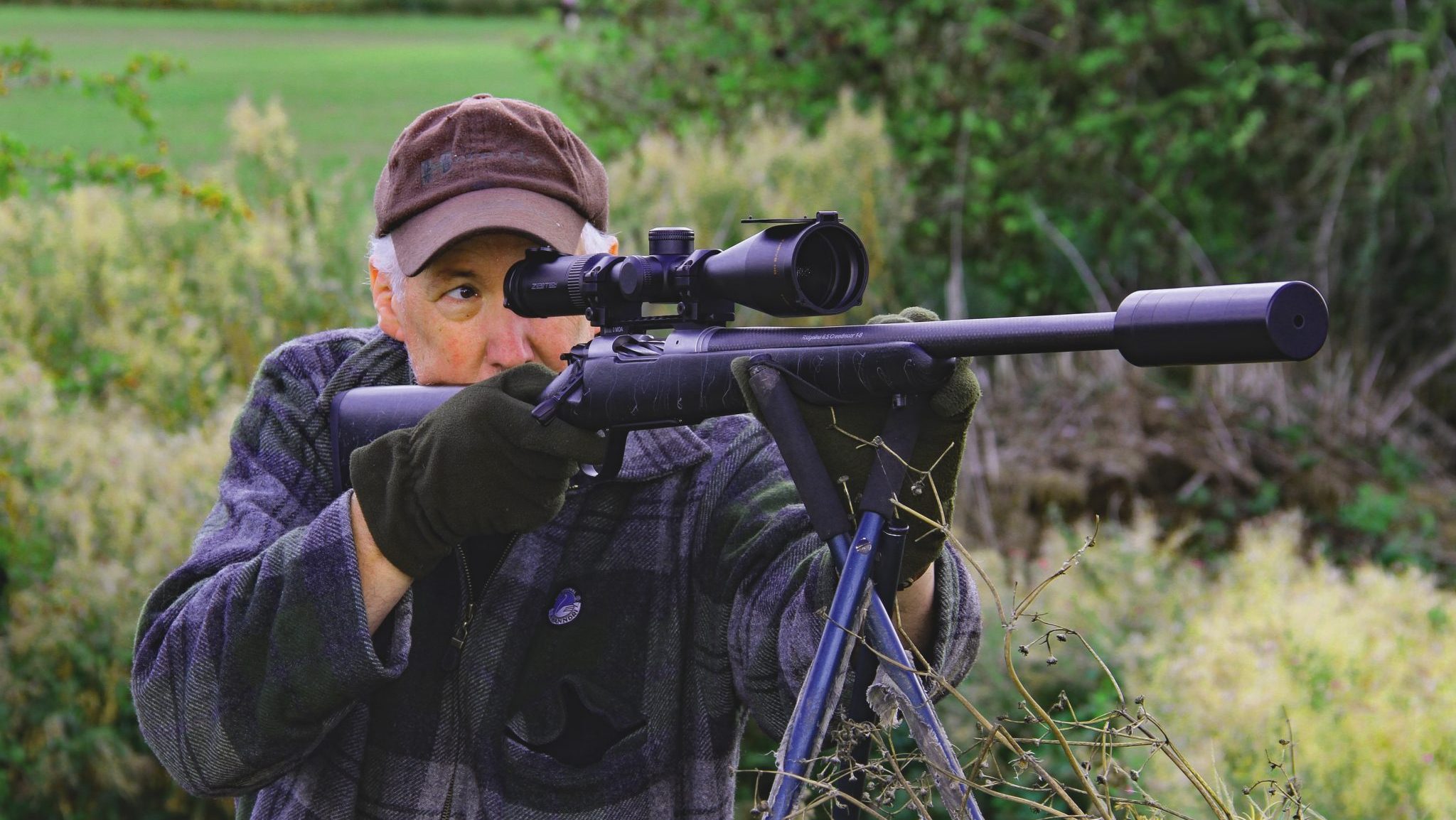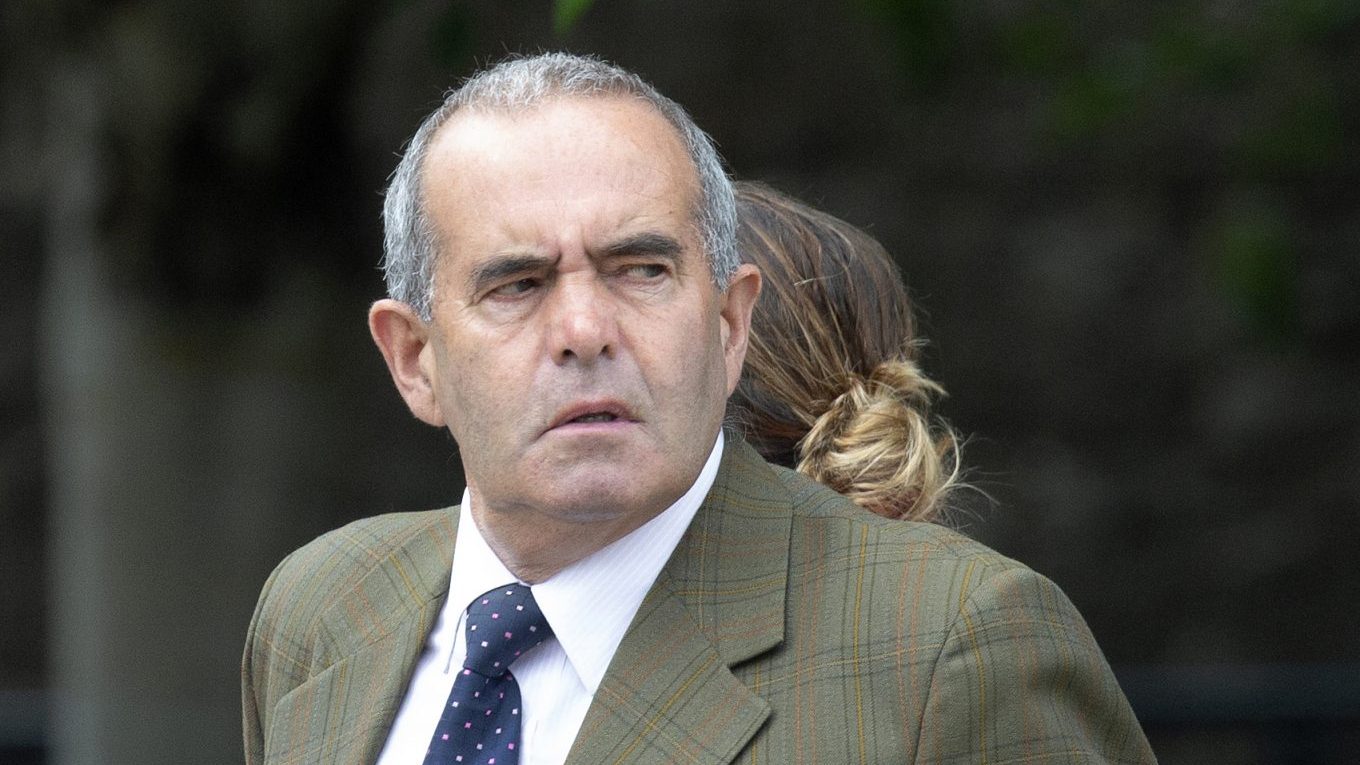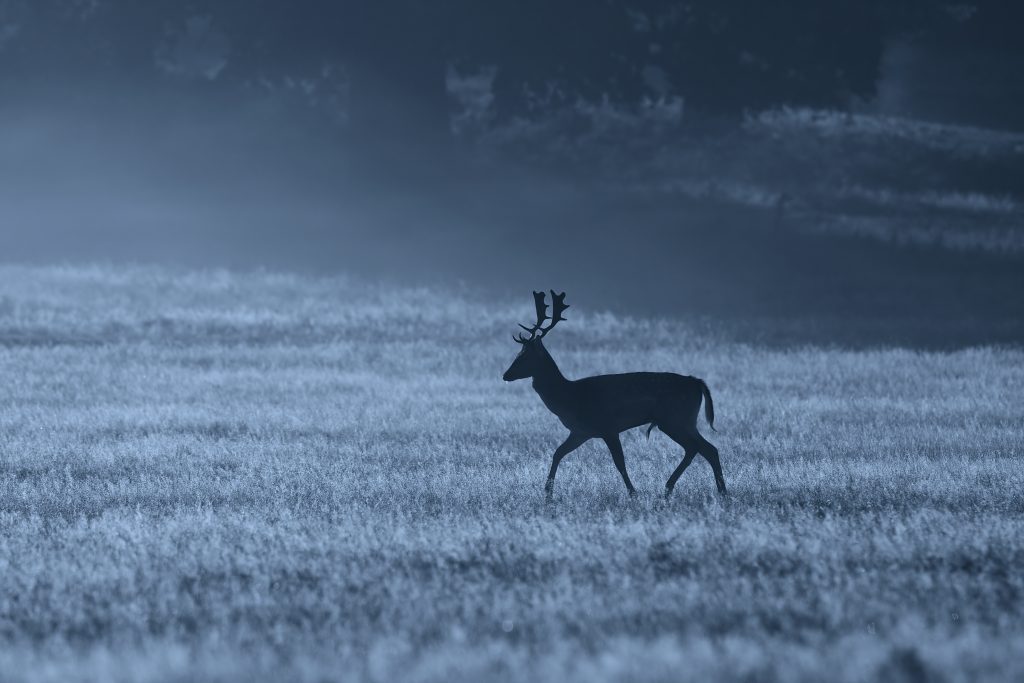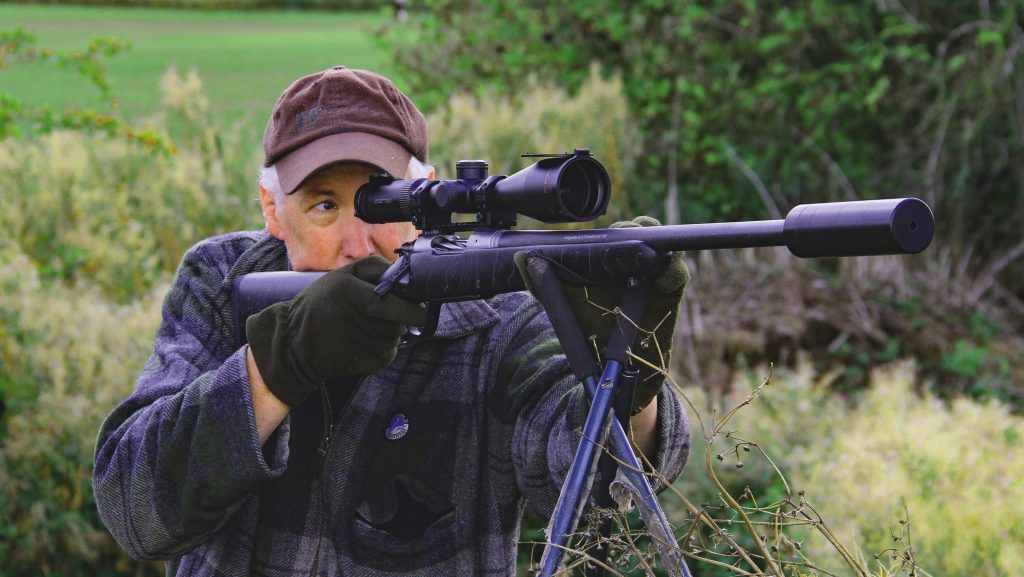★ Win a Schöffel Country shooting coat for everyone in your syndicate worth up to £6,000! Enter here ★
Minister observes efforts to save Wales’s curlew
Wales’s Deputy First Minister has seen first-hand the battle to save curlew during Wales Nature Week, witnessing a £1 million recovery programme
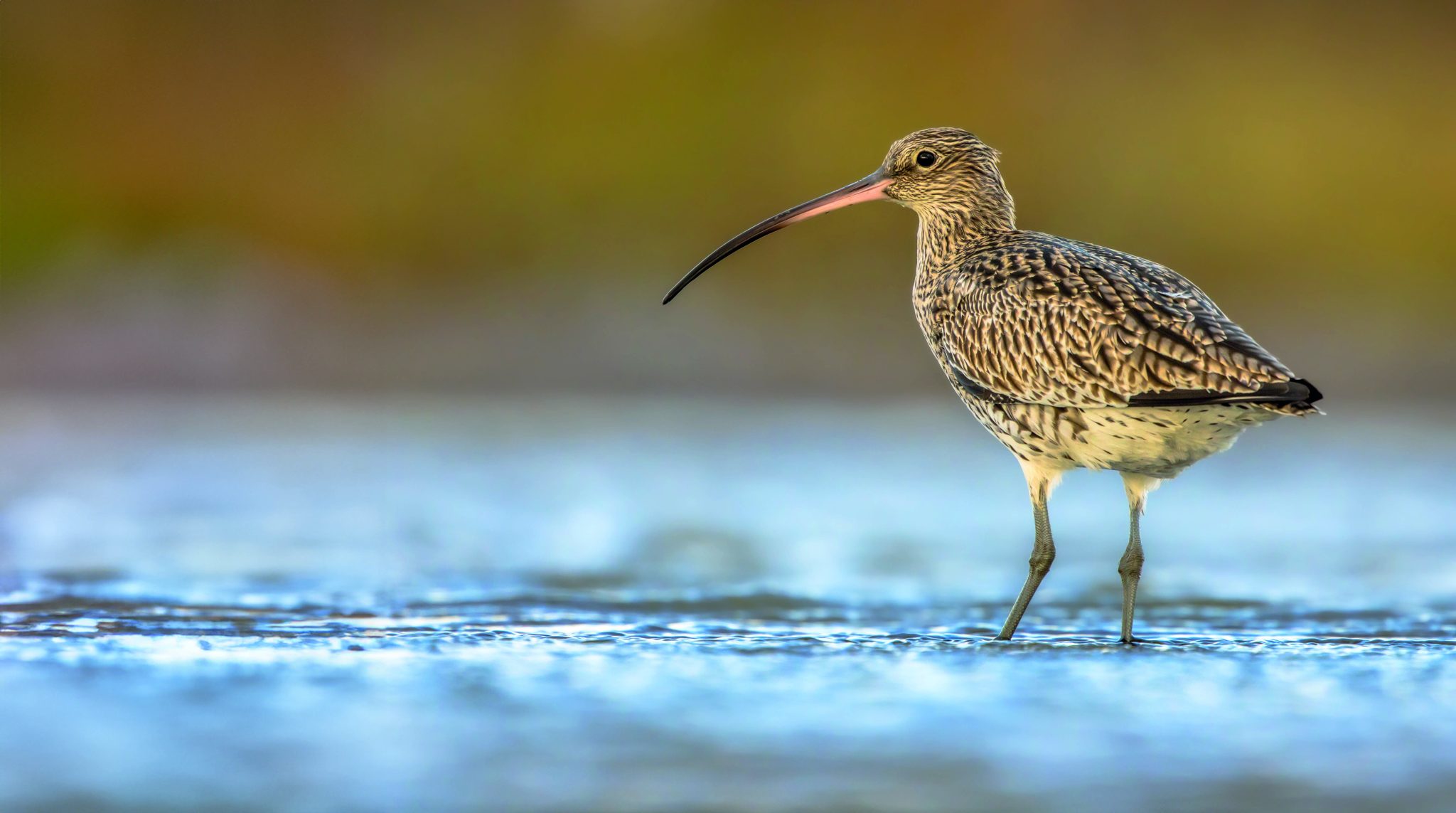
Wales’s Deputy First Minister has seen first-hand the battle to save curlew during Wales Nature Week, witnessing a £1 million recovery programme that could decide the species’ future.
Huw Irranca-Davies visited the Brecon Beacons earlier this month to observe the Curlew Connections project, where teams are delivering systematic fox and corvid control across one of Wales’s seven remaining Important Curlew Areas.
The visit was arranged by Gylfinir Cymru, a unique partnership uniting BASC, GWCT, the National Gamekeepers’ Organisation, RSPB and farming unions to coordinate curlew recovery.
With fewer than 400 breeding pairs left in Wales — and extinction as a breeding bird predicted by 2033 — the programme combines nest monitoring, targeted predator control and habitat improvement in the species’ remaining strongholds.
The minister observed fieldwork tackling the biggest factor in curlew decline: predation of eggs and chicks. After the visit, Mr Irranca-Davies praised the collaborative effort, saying it was “fantastic to see projects that are making a real difference”.
BASC’s Ian Danby highlighted the importance of ministerial backing: “His support for Gylfinir Cymru, a unique collaboration of government, farming, shooting, research and conservation, is vital if we are to prevent curlew disappearing as a breeding bird in Wales by 2033.”
Related Articles
Get the latest news delivered direct to your door
Subscribe to Shooting Times & Country
Discover the ultimate companion for field sports enthusiasts with Shooting Times & Country Magazine, the UK’s leading weekly publication that has been at the forefront of shooting culture since 1882. Subscribers gain access to expert tips, comprehensive gear reviews, seasonal advice and a vibrant community of like-minded shooters.
Save on shop price when you subscribe with weekly issues featuring in-depth articles on gundog training, exclusive member offers and access to the digital back issue library. A Shooting Times & Country subscription is more than a magazine, don’t just read about the countryside; immerse yourself in its most authoritative and engaging publication.



